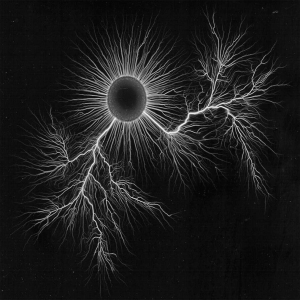
The boundaries of science are clear, and can be demarcated by the concept of falsifiability. Or so we learn in our science classes. But with some areas of science, falsifiability is not the critical feature, and may be impossible on theoretical or empirical grounds. Worrying about falsifiability might even get in the way of interesting ideas. With us to discuss the history of problems in science and falsifiability is Sean Carroll, a leading physicist and science communicator. Sean received a BS in astronomy and astrophysics from Villanova University in 1988, and a PhD in astronomy from Harvard University in 1993. He is a research professor of theoretical physics at the California Institute of Technology and an External Professor at the Santa Fe Institute. His research interests include cosmology, astrophysics, and general relativity. Sean regularly appears in the media to discuss science, and he is the host of the podcast Mindscape. He is also the author of popular science books, including From Eternity to Here, The Particle at the End of the Universe, Something Deeply Hidden, and The Big Picture: On the Origins of Life, Meaning, and the Universe Itself. In this conversation we discuss the concepts of an afterlife, black holes and entropy, time travel, the multiverse, and hierarchy theory, all in the context of what is science, how we should judge science, and the importance, or not, of falsifiability.
More Episodes
 2019-08-11
2019-08-11
 2019-06-11
2019-06-11
 2019-04-11
2019-04-11
 2019-03-11
2019-03-11
 2019-02-11
2019-02-11
 2018-12-11
2018-12-11
 2018-11-11
2018-11-11
Create your
podcast in
minutes
- Full-featured podcast site
- Unlimited storage and bandwidth
- Comprehensive podcast stats
- Distribute to Apple Podcasts, Spotify, and more
- Make money with your podcast
It is Free
- Privacy Policy
- Cookie Policy
- Terms of Use
- Consent Preferences
- Copyright © 2015-2024 Podbean.com






